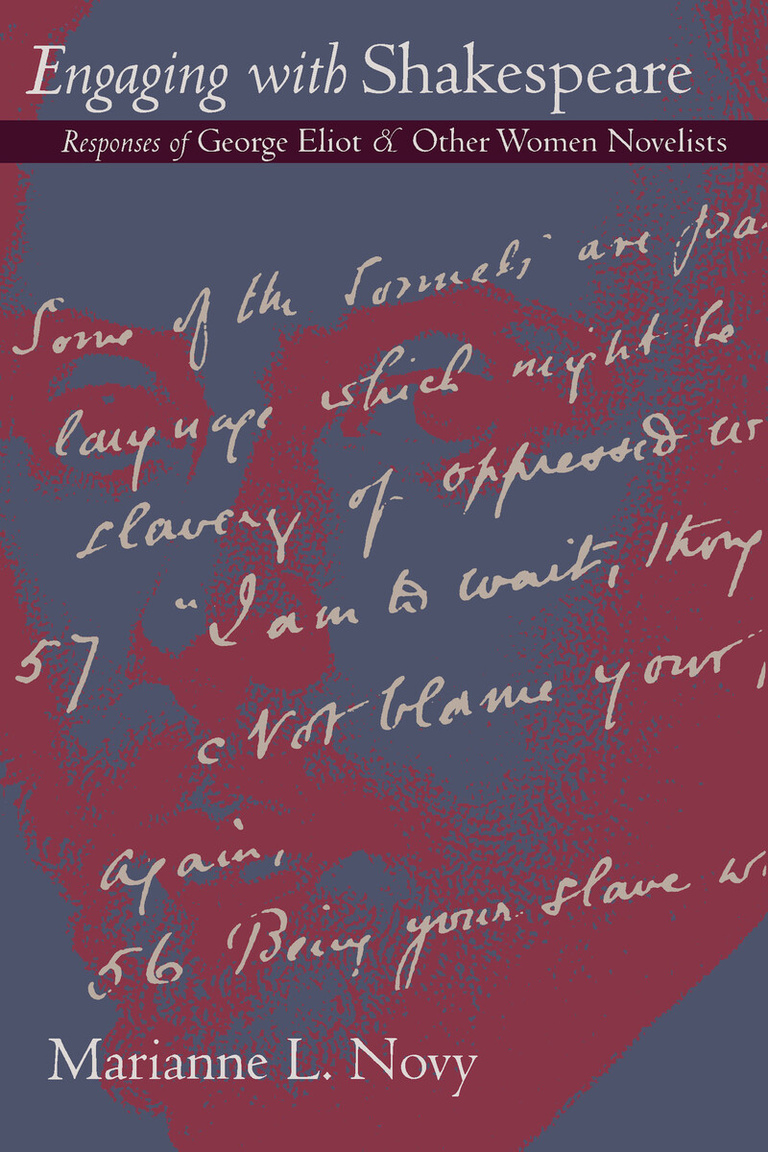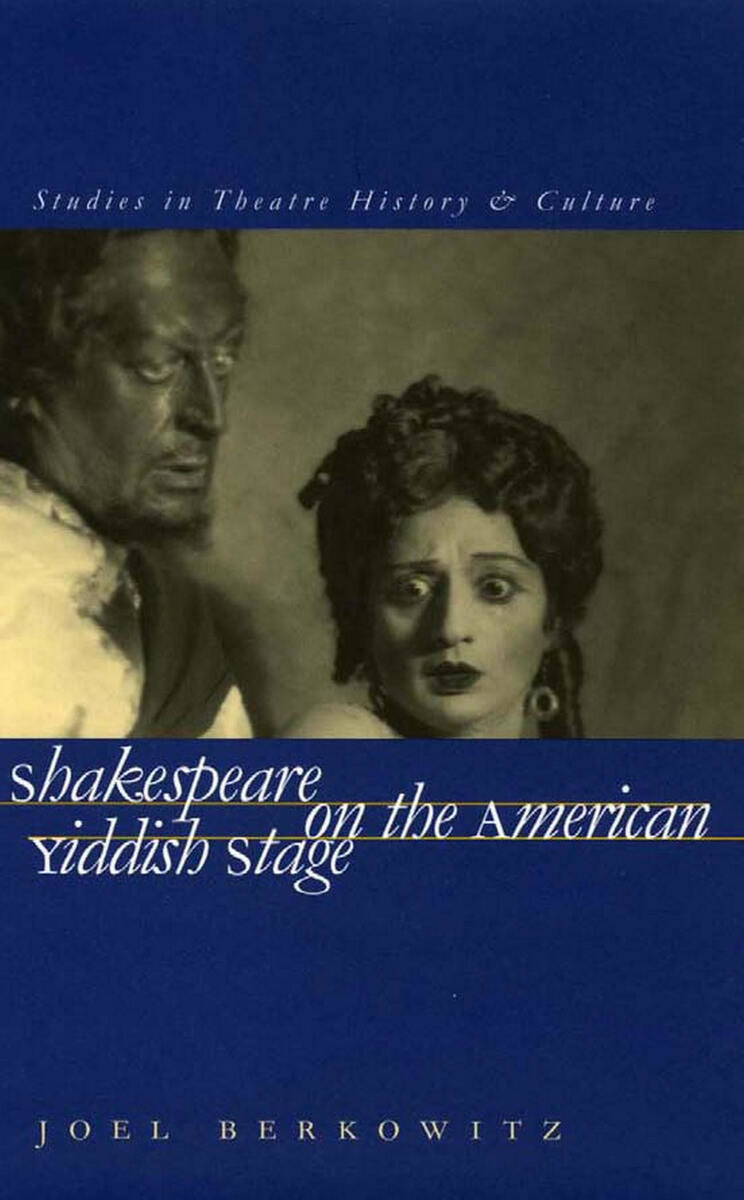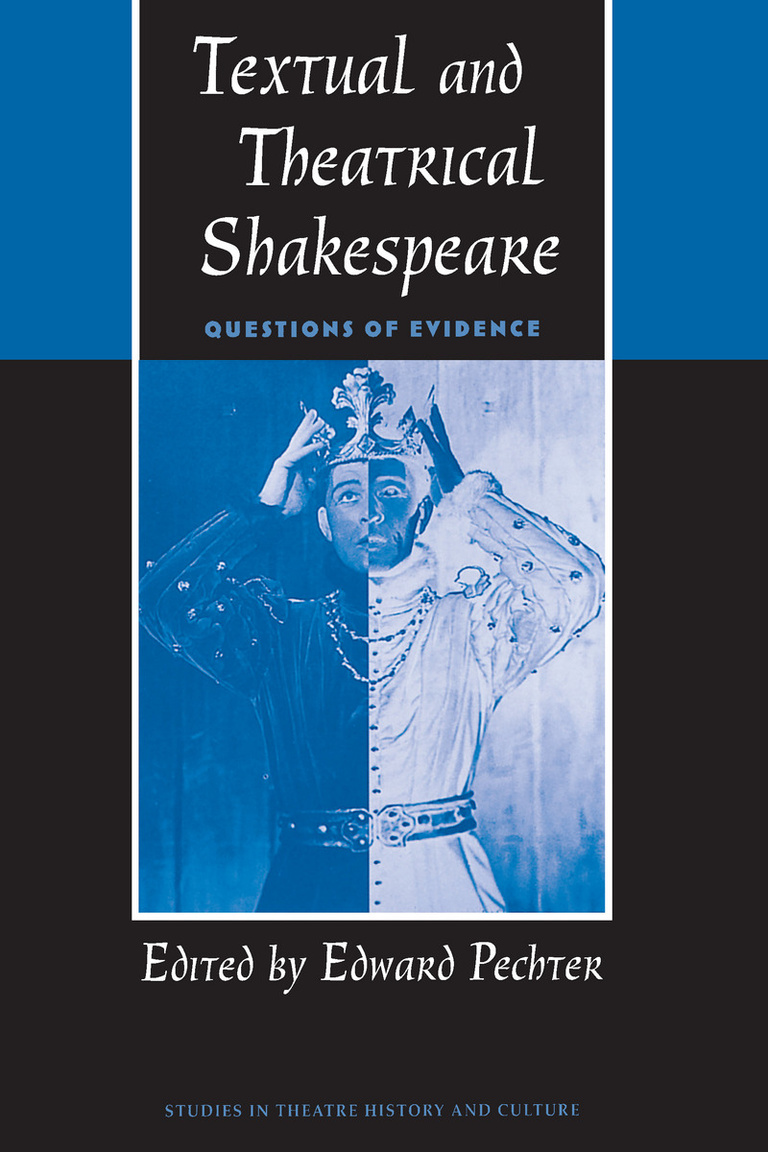With a focus on the canonical institutions of Shakespeare and Chekhov, John Tulloch brings together for the first time new concepts of “the theatrical event” with live audience analysis. Using mainstream theatre productions from across the globe that were highly successful according to both critics and audiences, this book of case studies—ethnographies of production and reception—offers a combined cultural and media studies approach to analyzing theatre history, production, and audience.
Tulloch positions these concepts and methodologies within a broader current theatrical debate between postmodernity and risk modernity. He also describes the continuing history of Shakespeare and Chekhov as a series of stories “currently and locally told” in the context of a blurring of academic genres that frames the two writers. Drawn from research conducted over nearly a decade in Australia, Britain, and the U.S., Shakespeare and Chekhov in Production and Reception will be of interest to students and scholars of theatre studies, media studies, and audience research.
“No theatre company today can ignore the importance of reaching and understanding their audiences. Tulloch shows us the way by exploring Shakespeare and Chekhov productions from two interdependent approaches: production study and theatrical event analysis together in their focus on audiences. This book is a must for serious theatre specialists.”—Jacqueline Martin, coauthor of Understanding Theatre: Performance Analysis in Theory and Practice
“Through the concept of the theatrical event, John Tulloch expands radically the frames of cultural studies and vitalizes at the same time both theatre and performance studies. This book marks an important step in shaping a new paradigm for studies of plays, playing, and playing culture.”—Willmar Sauter, professor of theatre studies, Stockholm University
“John Tulloch’s new book is really new, indeed. The ways he combines important contemporary theories in theatre and cultural studies on the one hand, and these theories with ‘local histories’ of theatre production and reception on the other, give new hope for a relevant type of audience research. The scholarly challenge to understand how theatre functions in society and what theatrical experience really means is strongly served by this very complete study.”—Hans van Maanen, coeditor of Theatrical Systems: Borders, Dynamics, Frames



